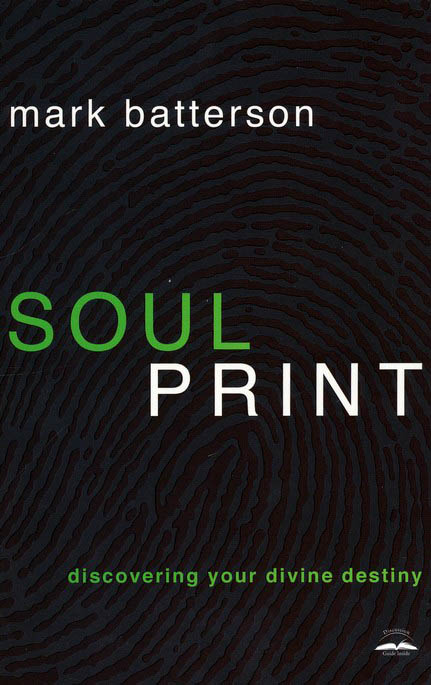Karl Vallentin, a Munich comedian, did a skit in which he walked on a stage where everything was dark except for a small area under a street lamp. He began to look for something on the ground. As he looked, a person playing a policeman came on stage and asked what he was doing. He told the policeman that he was trying to find a key, whereupon both of them continued the search. Finally the officer asked, "Are you sure you lost it here?" "Oh, no," said Vallentin as he pointed to a dark corner, "It was over there, but here is where the light is!"
That is the tragedy of many people’s lives. They are looking in the wrong place for help with their lives, and sometimes even in the church we have people who look for the light in the wrong place. For instance, we have a lot of teaching to do when Christians mix faith in Jesus with beliefs from other religions or when they distort the truth of the Gospel with claims that all religions are equal.
Then there are those who make no claims to follow Christ and are living in moral blindness. Certainly some of them have never heard of Christ in the way the Bible presents him to us. They have heard of the distortions of Christ that are talked about in our culture. Others reject Christ for any number of reasons.
With any of these people, we have to ask whether we are introducing people to the light of the world. Are we bringing people who wear the name Christian to an understanding of Jesus as the only light that brings hope to their lives? Are we sharing Christ with others as the only one that can answer the longings of their hearts?
I had these questions refocused for me recently as I studied John 9 which tells the story of Jesus healing a man born blind. The setting for the story actually begins in John 7 when Jesus goes to Jerusalem for one of the Jewish feasts. While at the feast, he makes the pronouncement in John 8:12 -- “I am the light of the world. Whoever follows me will never walk in darkness, but will have the light of life.” He declares that the answer to the darkness in our lives, the only place to find those answers, is in him. Then he demonstrates the reality of this truth in John 9 by healing a man born blind.
The blind man has something of the same experience as Helen Keller who said once, “Gradually I got used to the silence and darkness that surrounded me and forgot that it had ever been different until she came—my teacher (Annie Sullivan)—who set my spirit free."
Jesus put mud on the eyes of the man, sent him to the Pool of Siloam, and told him to wash. When the man did so, he was able to see for the first time. Up until then, he had no doubt gotten used to the darkness. When people asked him how he could now see, all he could do was tell them what had happened to him. If we will point people to Jesus, they will have the same experience.
Just seeing the light, though, does not always end the matter when the light of the world – Jesus – enters a person’s life and changes him or her. There will be those who misunderstand. The Jewish leaders misunderstood this healing, carefully questioning the man twice about what had happened and questioning his parents in between. They sought to discredit Jesus, but all the man could say to them was, “I was blind but now I see…. If this man were not from God he could no nothing.” Then Jesus came to him again and offered him a choice – would he believe in Jesus, the light of the world, or not, and he chose to believe.
This is the clear choice we must present to people There will be plenty of people who will try to discredit a person whose life has been changed. There are plenty of people who will do whatever they can to discredit Jesus. We know the truth of the matter: people find light when they choose Christ. He makes all the difference in their lives. Our responsibility is to introduce them to the light of the world.

